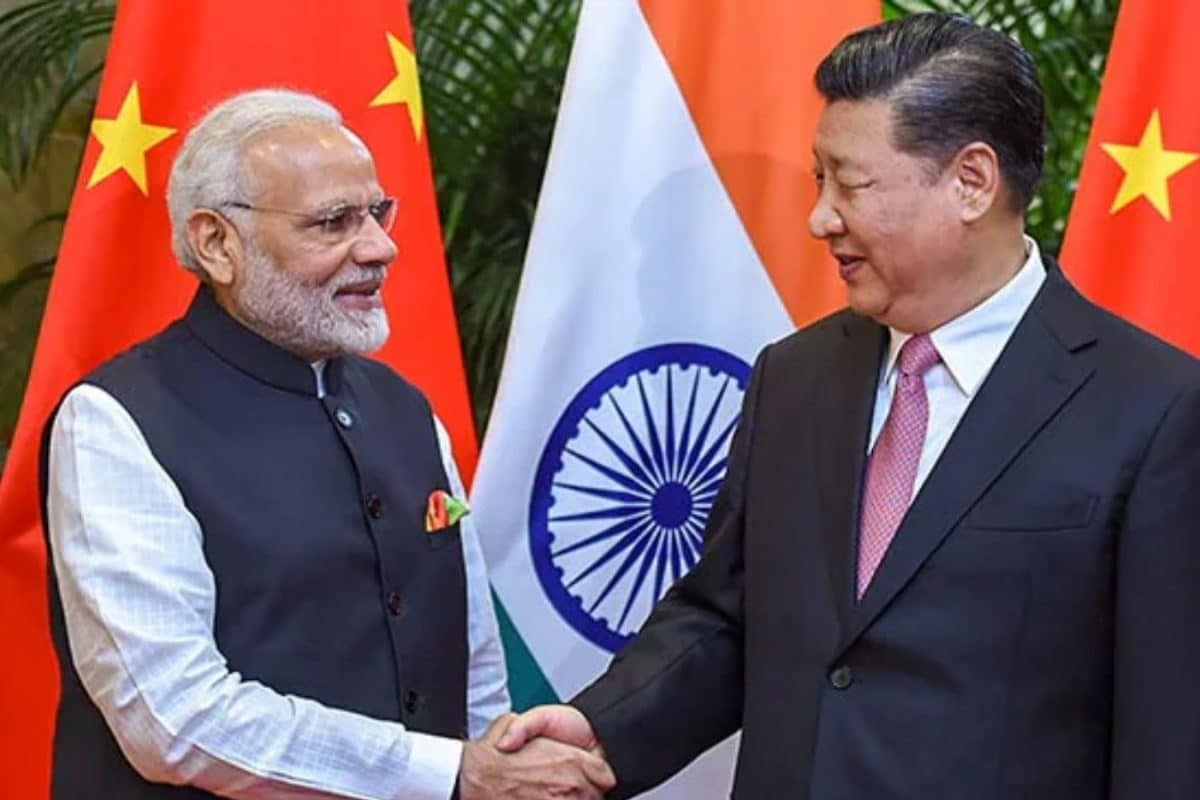Politics
Direct Flights Between India and China Set to Resume Soon

Direct flights between India and China are poised to resume shortly, according to announcements made by Prime Minister Narendra Modi following discussions with Chinese President Xi Jinping. The resumption comes after a prolonged suspension due to the COVID-19 pandemic, which halted direct commercial flights since early 2020.
During their bilateral talks at the Shanghai Cooperation Organisation (SCO) summit in Tiajin, Prime Minister Modi emphasized the significance of this development, stating, “Direct flights between the two countries are also being resumed. The interests of 2.8 billion people of both countries are linked to our cooperation.” He further stressed that the agreement would benefit humanity as a whole.
The Ministry of External Affairs (MEA) confirmed that substantial discussions had taken place over recent weeks, with Foreign Secretary Vikram Misri detailing the intensified engagement between the two nations. “This is something on which the two sides have been engaged quite intensely in recent weeks and months,” Misri noted, highlighting that the talks have been guided by a mutual understanding established earlier this year.
Several technical discussions have already been conducted, and a civil aviation delegation from India visited Beijing earlier this week to facilitate further dialogue. Misri stated, “My understanding is that at a broad level, an agreement or a consensus has been reached on restarting direct flights.”
Despite the positive developments, the Foreign Secretary pointed out that operational issues remain to be addressed. These include matters related to the air services agreement, scheduling, and other logistical concerns. “My understanding is that these will be addressed in the coming few weeks, and we should see a resumption of direct flights soon,” he added.
In addition to the resumption of direct flights, discussions also covered the Kailash Mansarovar Yatra and the reintroduction of tourist visas for Chinese citizens. Earlier this year, India had restarted the pilgrimage to Mount Kailash and Lake Mansarovar in Tibet, which had also been suspended during the pandemic. Last month, India began issuing tourist visas to Chinese nationals, marking a significant step towards normalizing travel between the two countries.
The decision to restore direct flights reflects a gradual thaw in relations between India and China, which have been strained since the Galwan Valley clashes in 2020. Both nations have been working to mend their bilateral ties over the past two years, making this move a notable aspect of their ongoing diplomatic efforts.
Since the onset of the pandemic, travelers between these two major economies have been forced to connect through regional hubs such as Hong Kong, Singapore, or Bangkok, leading to longer travel times and increased costs. The upcoming resumption of direct flights is anticipated to enhance connectivity and foster stronger economic ties.
As discussions continue on resolving remaining operational issues, the international community watches closely for the official announcement of the flight resumption, signifying a hopeful return to normalcy in travel between India and China.
-

 World5 months ago
World5 months agoSBI Announces QIP Floor Price at ₹811.05 Per Share
-

 Lifestyle5 months ago
Lifestyle5 months agoCept Unveils ₹3.1 Crore Urban Mobility Plan for Sustainable Growth
-

 Science4 months ago
Science4 months agoNew Blood Group Discovered in South Indian Woman at Rotary Centre
-

 World5 months ago
World5 months agoTorrential Rains Cause Flash Flooding in New York and New Jersey
-

 Top Stories5 months ago
Top Stories5 months agoKonkani Cultural Organisation to Host Pearl Jubilee in Abu Dhabi
-

 Sports4 months ago
Sports4 months agoBroad Advocates for Bowling Change Ahead of Final Test Against India
-

 Science5 months ago
Science5 months agoNothing Headphone 1 Review: A Bold Contender in Audio Design
-

 Top Stories5 months ago
Top Stories5 months agoAir India Crash Investigation Highlights Boeing Fuel Switch Concerns
-

 Business5 months ago
Business5 months agoIndian Stock Market Rebounds: Sensex and Nifty Rise After Four-Day Decline
-

 Sports4 months ago
Sports4 months agoCristian Totti Retires at 19: Pressure of Fame Takes Toll
-

 Politics5 months ago
Politics5 months agoAbandoned Doberman Finds New Home After Journey to Prague
-

 Top Stories5 months ago
Top Stories5 months agoPatna Bank Manager Abhishek Varun Found Dead in Well









